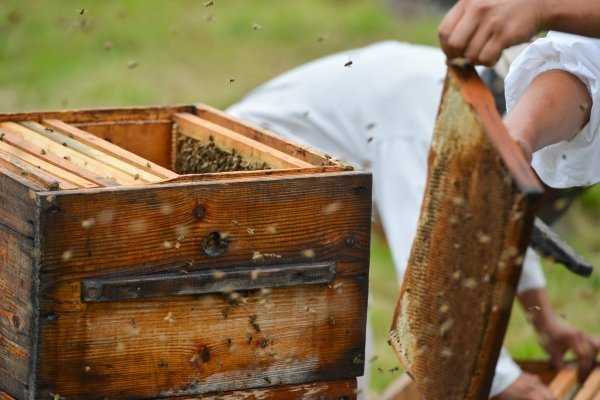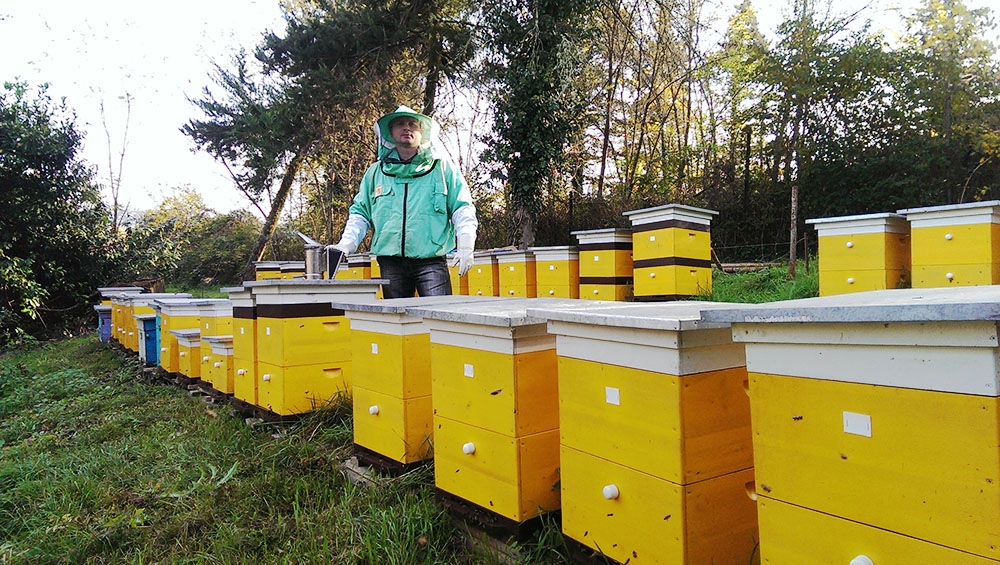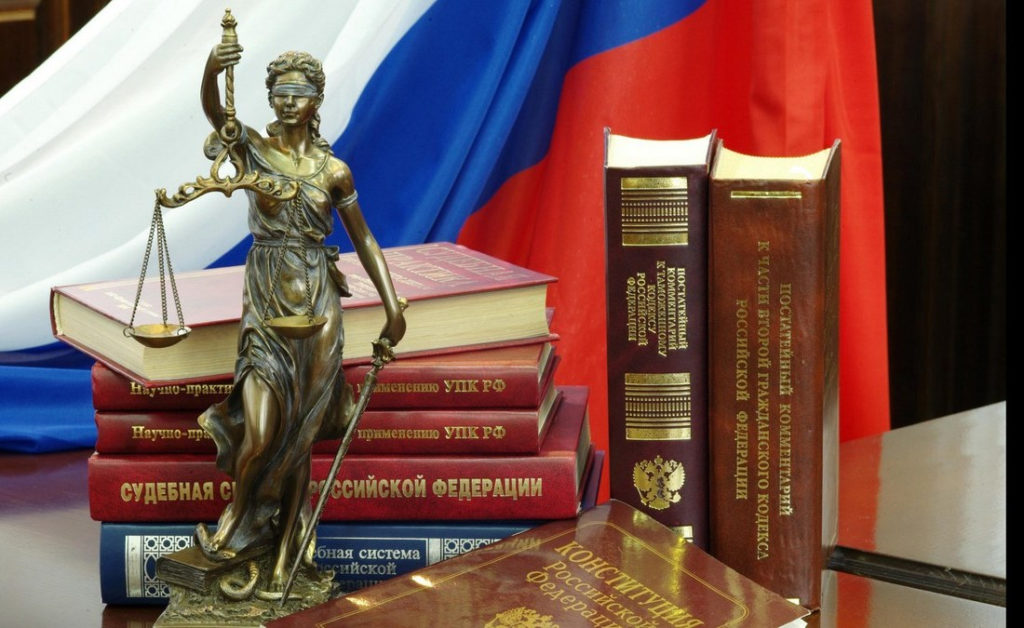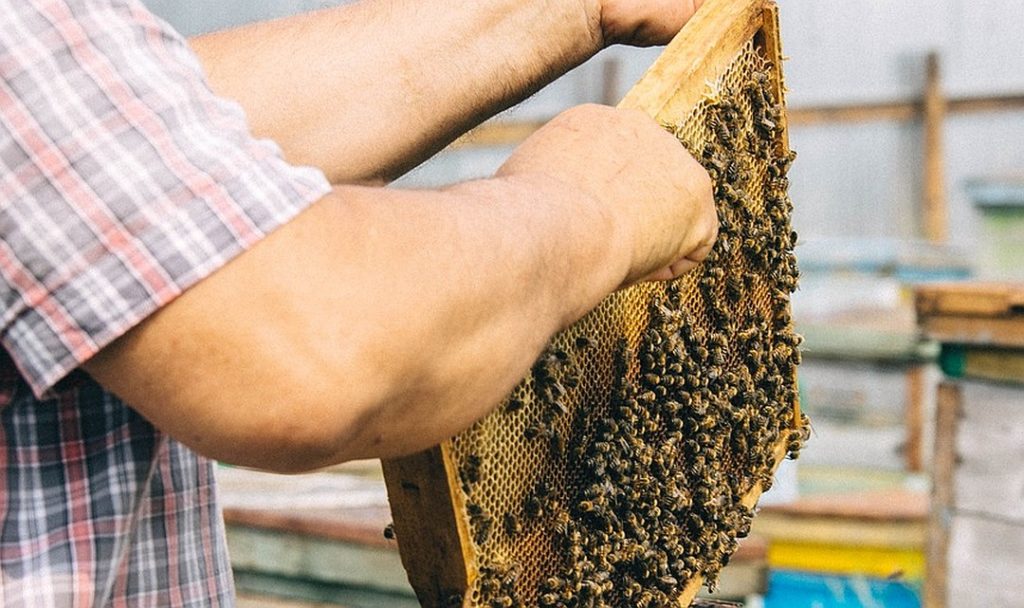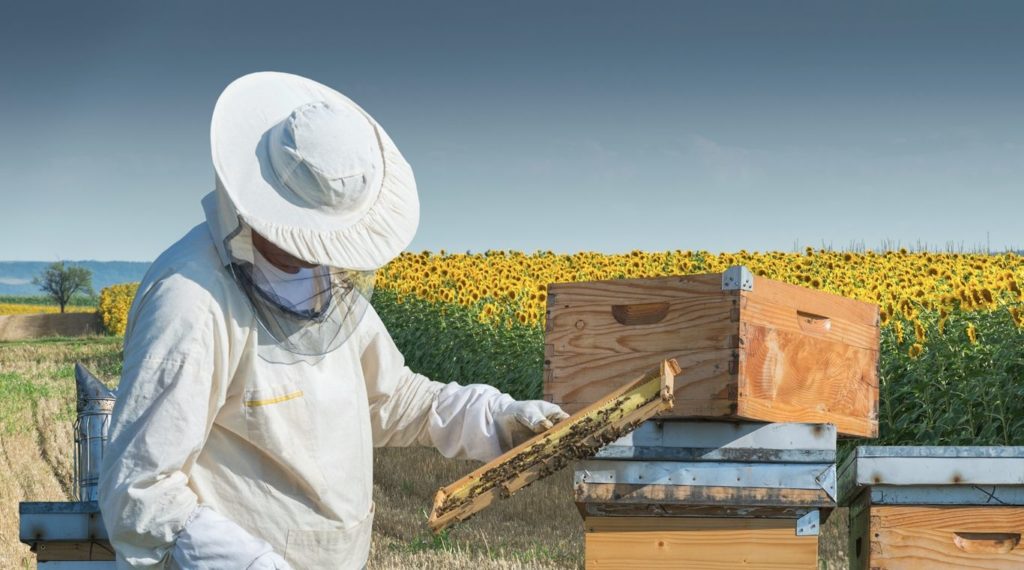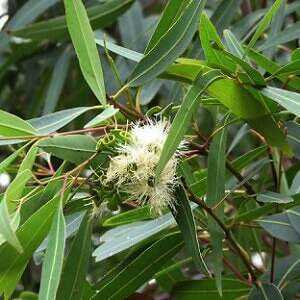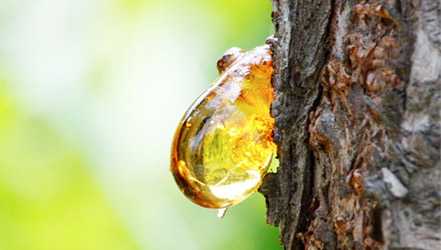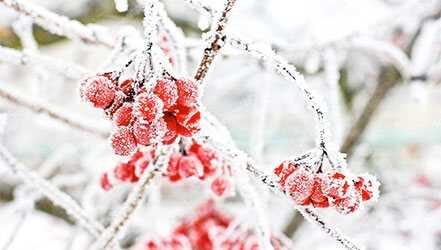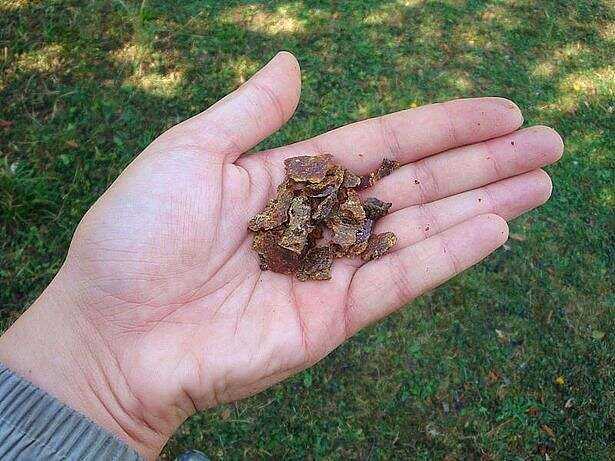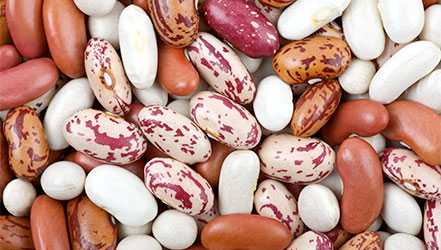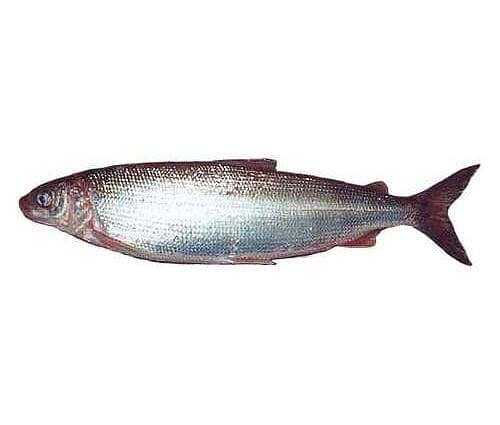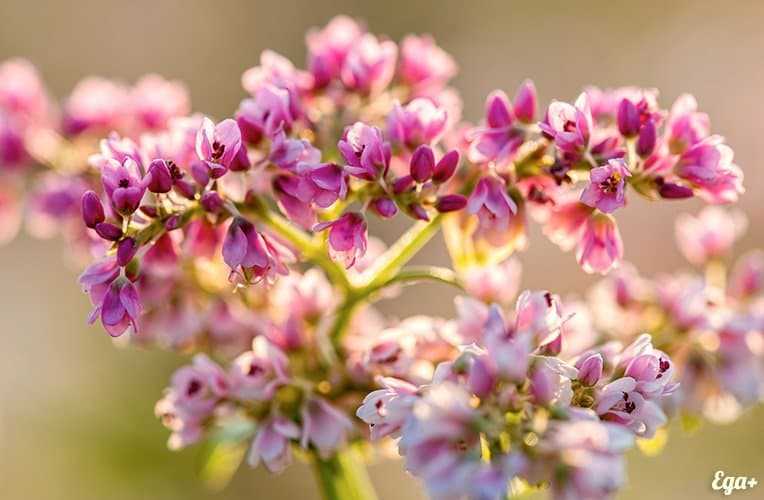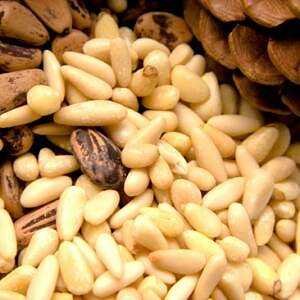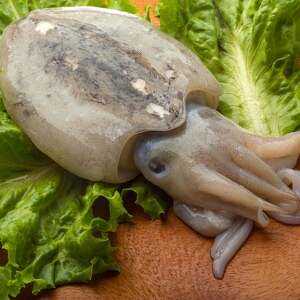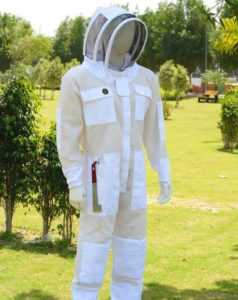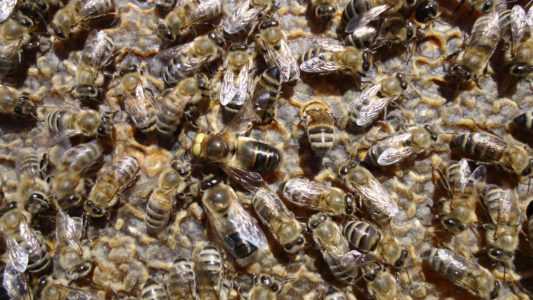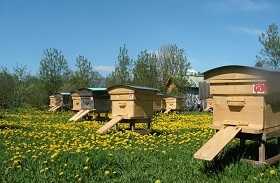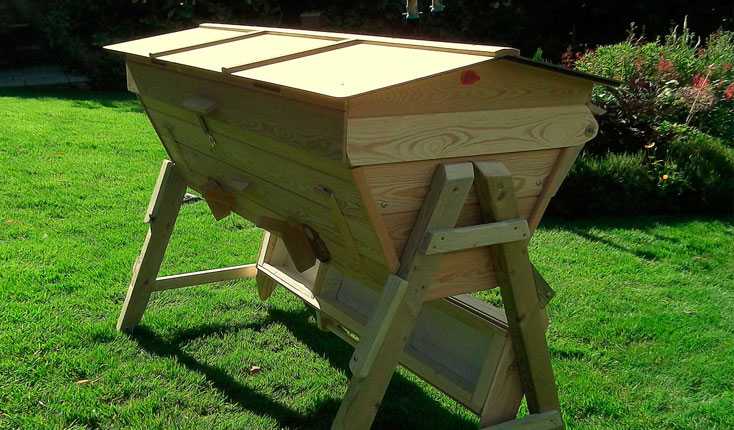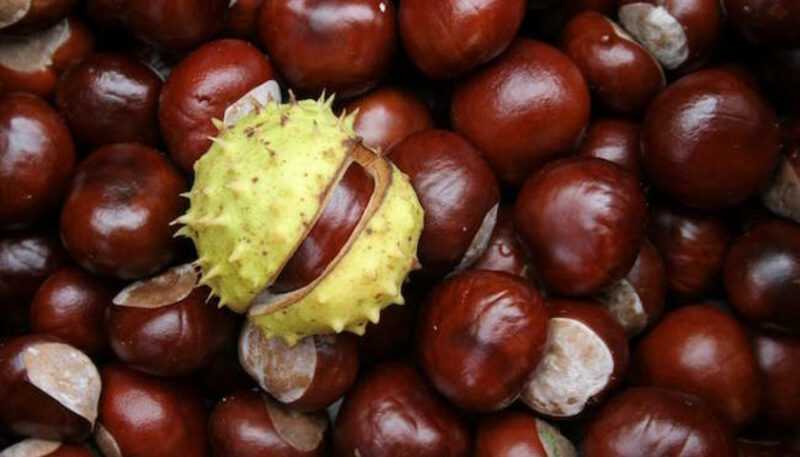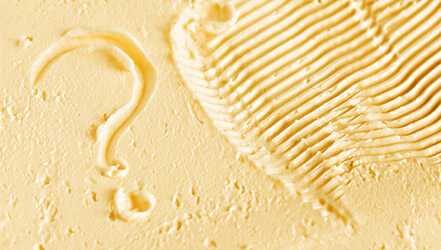Beekeeping is a difficult but profitable type of business that has not had government support for a long time. Only in 2016 was the law on beekeeping of the Russian Federation adopted, which determined the powers, actions of the authorities in relation to beekeepers. Determined the breeds of bees allowed for breeding and keeping in the country. The procedure for doing business, the rights and obligations of beekeepers.
Chapter 1: general provisions
The new Federal Law on Beekeeping determined not only the rules for the maintenance of the apiary, the duties of the beekeeper himself. It takes into account all the provisions, concepts necessary for doing business, the principles of maintaining and providing for families, standards for keeping hives, swarms and much more.
1. Concepts
The current law defines the concepts that are associated with this business:
- beekeeping;
- beekeeper;
- apiary;
- hives;
- bee colonies;
- apiaries;
- swarm of bees;
- breeds;
- foundation;
- products of beekeeping;
- bee populations;
- honey bears;
- plants that bees pollinate.
All these concepts are described in detail by the existing law.
2. Objectives
The article explains about the regulation of relations that arise in the process of activity, as well as the need to protect honey bees.
3. Legal settlements
Regulates relationships that arise in the course of activities. The same article provides for measures to ensure the protection of honeybees. Measures in relation to regulatory, legal acts in relation to entities conducting such a business.
Chapter 2: on the implementation of activities in beekeeping
There are several articles related to the beekeeper himself, his wards, the production of honey and other beekeeping products.
4. Relationships in beekeeping
Regulates relations between citizens, legal entities. persons, as well as beekeeping associations, individual entrepreneurs in this type of business. The interests of citizens, who are not entrepreneurs, but produce honey and honey products for their own needs, are affected.
5. About the number of bee families
Does not limit the content of dare in the apiary. The exception is the second, third part of the article. Self-government bodies are given the right to regulate the maintenance of families in apiaries located within a settlement on the basis of the norms established by the sanitary services. For non-profit associations, horticultural organizations, the norms are regulated by the constituent documents.
6. About registration, accounting of bee colonies
The Government of the Russian Federation has established a special procedure for registering bee colonies. It occurs on the basis of the following requirements:
- only for citizens of the Russian Federation;
- the owner is an individual entrepreneur, individual, legal entity;
- compulsory municipal majoring education;
7. About the placement of hives
Regulates the rules for placing hives. This happens only in specially designated areas that are at an acceptable distance from educational and preschool institutions, health organizations, culture for the safety of people. Self-government bodies are allowed to additionally regulate and define zones.
The distance at which it is allowed to place hives is at least ten meters from the border of the site. If this cannot be observed, then they are placed at a height of two or more meters. The apiary should be separated from the neighboring plot by a fence more than two meters high or by shrubs with the same parameters.
8. About the provision of land plots for beekeeping
On the basis of the land and forest laws of the Russian Federation, a beekeeper can apply for a land plot for placing his hives. The owners of such objects have the right to provide land to beekeepers for the period of honey collection. Placement on is carried out in such a way as to ensure safe movement of bees in relation to other apiaries that are nearby.
It is not permissible to install hives in places where foreign bees fly to honey plants. The owner is obliged to provide information about the location of his nomadic apiary, to have a veterinary passport in hand.
9. Pollination of entomophilous plants
Citizens cultivating entomophilous plants are granted the right to use bee colonies owned by third-party owners, with obligatory payment for the use of insects on the basis of contracts of the established form.
10. About the circulation of beekeeping products
The law establishes the procedure for expropriation if the beekeeping products were not seized by the owner.
11. About public communities
Beekeepers have the right to join beekeeping unions. Such organizations have the right to apply, request information from self-government bodies about the rights in these types of business, requirements that apply to a specific region.
Chapter 3: beekeeping property
Everything related to the activities of the apiary, as well as bee colonies, are the property of the beekeeper. Each specific object is protected by a specific article.
12. Objects owned by
The property of the beekeeper is the bee colonies, regardless of their number. And also, all the property for the care, maintenance of the apiary, hives, the hives themselves.
13. The right to guarantee the return of the departed swarm
The owner of the apiary, legal entities, individuals have the right to return their swarm that has flown away, if it is found on the territory of a third-party apiary, in hives belonging to another owner.
14. Compensation for damage due to a family that has flown away
If it is not possible to return the family to their own apiary, the owner has the right to demand from the other owner where the swarm settled, compensation for the damage caused by this event.
15. Ownership of the escaped swarm
If the swarm that flew away has divided, united with other bee colonies, the ownership of the new family is determined by lot. If this is not possible, the swarm becomes the property of the beekeeper who assigned the highest value. The amount received from such a transaction is distributed in equal parts between the owners.
16. Bee colonies (swarm) left without supervision
The unclaimed property rights assume that the bee colony remains in the ownership of the beekeeper, on whose territory the bees have settled.
Chapter 4: public administration
Until recently, beekeepers independently settled all controversial issues arising in the course of their activities. Now the state has decided to take custody of one of the most profitable types of business.
17. Directions of state support in beekeeping
The state provides support and management in the beekeeping business. A number of activities are envisaged:
- organization, implementation of special programs that provide for the full development of the business;
- development, approval of norms, standards;
- stimulation of the beekeeping business;
- control over compliance with established standards by beekeepers;
- high quality beekeeping products;
- carrying out activities aimed at preventing bee diseases;
- elimination of situations that threaten the health of families;
- coordination of retraining programs for profiling specialists;
- selection development, their implementation.
18. About the executive power in management
The Government of the Russian Federation provides state management in this area of business or trusts special bodies under the executive branch.
19. About state support
Until recently, beekeepers did not count on comprehensive support from the state. After the adoption of the law, beekeepers received comprehensive government support.
20. About licensing in beekeeping
Certain types of products manufactured in the beekeeping business require licensing. What exactly is determined by the relevant law on the types of activities that require a license.
Chapter 5: safeguarding measures for bees
Not so long ago, this concern was only important for beekeepers. After the entry into force of the law, each bee colony is protected by the state.
21. Organization of security measures
Bee colonies, honey plants are protected by the state, are subjects of the Russian Federation. Compliance with all established norms, rules, conditions of detention is carried out on the basis of the procedures established by the Government of the Russian Federation.
22. About security requirements
The norms referring not only to the conditions of keeping, care, reproduction of bee colonies. Affects other agricultural activities that harm families.
23. Measures for the protection of bee colonies
To implement this article, a number of measures are provided:
- compliance with the standards for keeping bee colonies;
- protective actions in relation to hives;
- prevention of factors affecting the health and life of the family;
- control over the state of health of the family, timely prevention of diseases;
- ensuring the safe transportation of hives;
- assistance in research work aimed at the development and breeding of new breeds;
- upbringing of a generation that values, cares for bees;
- encouragement, implementation of measures for the protection of bees.
24. Measures aimed at preventing the poisoning of bee colonies by means used in agriculture
Actions that exclude the use of pesticides, agrochemicals in agriculture in areas close to apiaries. Prohibit processing with harmful agents.
25. Requirements for forestry
To ensure the efficient operation of beekeeping farms, the law on beekeeping prohibits forestry from cutting down forests, melliferous bushes, and removing bark from willows. It operates on the territory located closer than three kilometers from the habitat of bee colonies, the location of apiaries. The exceptions are situations that force such actions to be taken to improve the environment, sanitary cleaning of forests.
26. Conservation measures for bee colonies living in natural conditions
The article of the law on beekeeping prohibits the destruction of bee nests located in the hollows of trees or in other places of their natural existence. If finding such a family complicates, interferes with a person’s life, then it is necessary to contact special services that relocate the family to places that do not pose a danger to the person.
27. Prevention, treatment of diseases, control of dangerous pests
It obliges the owners of the apiary to monitor the health of bee colonies, take measures to prevent diseases, and control pests. It is obligatory to have a veterinary passport issued by self-government bodies.
28. About breeding valuable breeds
The article is subject to the law on livestock breeding. In certain territories, it is envisaged to create selection apiaries within a radius of twenty kilometers, where it is impossible to breed bee colonies of new, unknown breeds.
29. About warning about dangerous situations
Beekeepers must be promptly informed about the dangers that threaten the life of the family. Farms that presume the treatment of fields with pesticides, chemicals must report this in writing at least three days in advance. The message must indicate the exact date of treatment, the time of the measures for the treatment of fields, forests with chemicals, as well as the level of toxicity.
30. Assistance and assistance in the transportation of bee colonies
Transportation of hives is carried out by routes agreed with local executive bodies. In order to prevent overheating, an increase in humidity inside the hive, vehicles are allowed to stop, but not more than 15 minutes.
Chapter 6: on resolving disputes in the course of business
The article of the chapter of the law on beekeeping provides for the protection and resolution of issues in the process of the beekeeper’s activities.
31. About dispute resolution
Disputes that arise are resolved on the basis of the current legislation of the Russian Federation.
32. About responsibility
In case of violation of the law on beekeeping, individuals, legal entities bear administrative and other types of responsibility. Dispute resolution is carried out only on the basis of the laws in force in the Russian Federation.
Chapter 7: beekeeping law for international cooperation
The activity of beekeepers often extends far beyond the borders of the Russian Federation. This requires some protection at the level of the law.
33. Measures providing protection in the field of international cooperation
The Government of the Russian Federation shows every possible assistance for the development of beekeeping in an international format, but with strict observance of the norms and laws of Russia.
Chapter 8: conclusion in the beekeeping law
In Art. 34 of this chapter indicates that this law entered into force from the moment of its publication.
35. On bringing normative acts into norm
All regulations must be brought into full compliance within three months after the publication of this law.
